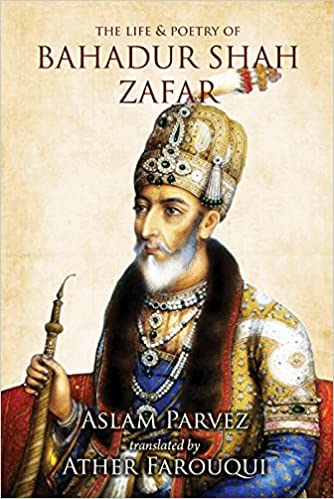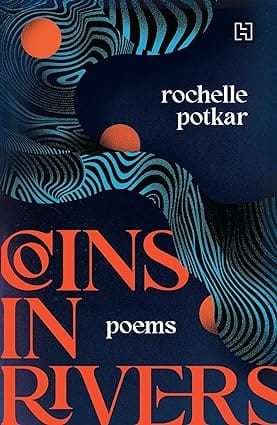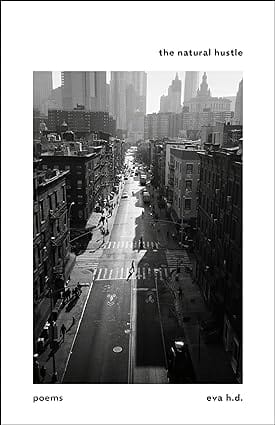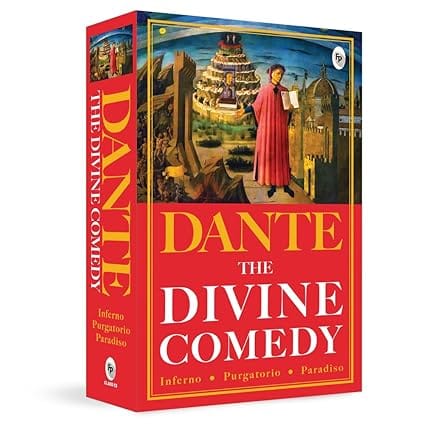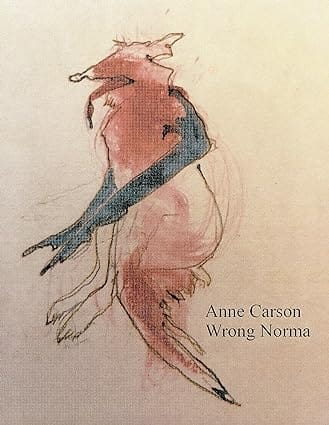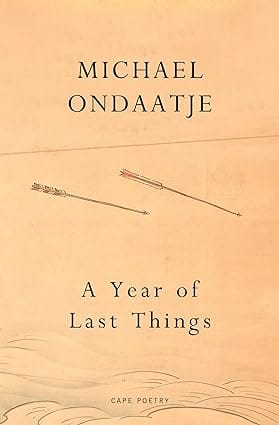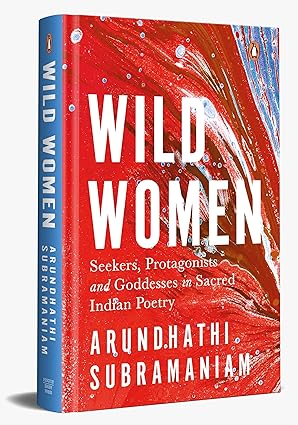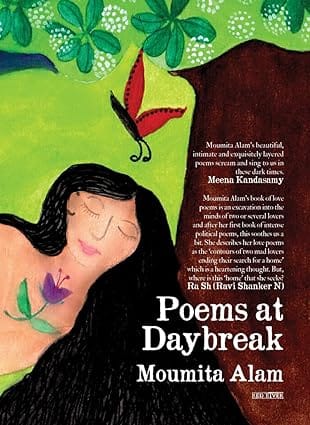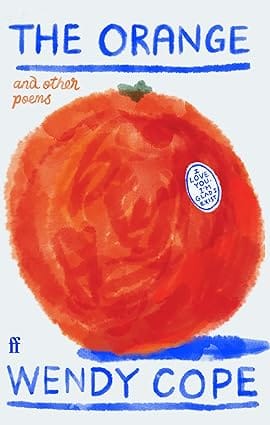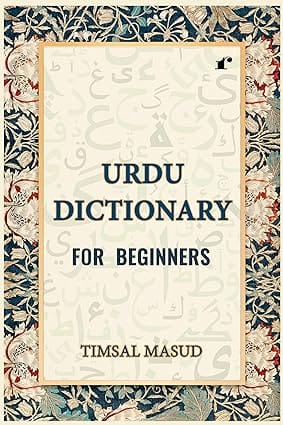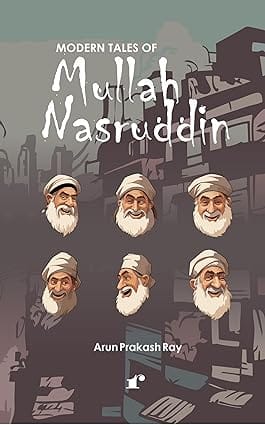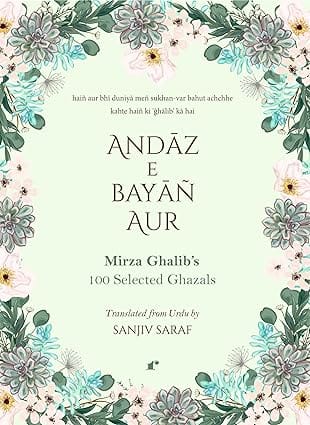- Contemporary Fiction
- Contemporary Fiction
- Children
- Children
- Comics & Graphic Novels
- Comics & Graphic Novels
- Non-Fiction
- Non-Fiction
- Fiction
- Fiction
An absorbing, authentic and exemplary chronicle – studded with rare nuggets of information and enthralling anecdotes – of one of the most tragic figures of history who was witness to the end of a glorious dynasty.
First published in Urdu in 1986, this ‘labour of love’ brings alive the life and poetry of Bahadur Shah Zafar (1775 to 1862), the last Mughal Emperor. Zafar presided over a crucial period in Indian history when the country was subjugated and became a colony of the fast-expanding British Empire. Aslam Parvez’s account – with its wealth of detail – stands out in the manner in which it weaves together the strands of the political, the personal, the cultural and the literary aspects of a bygone era. This work is as much about the 1857 Rebellion as it is about Bahadur Shah Zafar, the reluctant leader of the rebels. The pages also evoke the captivating ambience of a period when formidable poets such as Mirza Ghalib, Sheikh Muhammad Ibrahim Zauq and Momin Khan Momin, apart from Zafar himself, came up with one creative gem after another.
The author also provides a vivid and fascinating picture of Delhi during the last days of its cultural and literary splendour as the Mughal capital and as a custodian of Urdu literature and poetry. Finally, he recounts, in a touching manner, how Zafar spent his last days in Rangoon (where he had been exiled by the British) – a lonely and forgotten individual – far away from his beloved Delhi and from the trappings of his empire.
About the Author
Author of Islamic Banking in India at the Service of Pan-Islamists which forced the UPA-II to reverse its decision to allow Islamic banking, and of Marx My Word, a unique play of Marxist dichotomy, Ather Farouqui, a PhD from JNU, is a pioneer scholar of Urdu language and its education. For long he has been arguing that instead of modernizing Deeni Madrasas, the government should provide Urdu education as part of the secular curriculum of school education. A Sahitya Akademi Award winner for translation, he is the editor of Muslims and Media Images and Redefining Urdu Politics in India. Presently, he is the General Secretary of the 125-year-old Anjuman Taraqqi Urdu (Hind). He lives in New Delhi.
- Home
- Fiction
- Poetry Drama & Literary Criticism
- The Life and Poetry of Bahadur Shah Zafar
The Life and Poetry of Bahadur Shah Zafar
SIZE GUIDE
- ISBN: 9789391067434
- Author: Aslam Parvez and Ather Farouqui
- Publisher: Hay House Publishers India
- Pages: 252
- Format: Paperback
Book Description
An absorbing, authentic and exemplary chronicle – studded with rare nuggets of information and enthralling anecdotes – of one of the most tragic figures of history who was witness to the end of a glorious dynasty.
First published in Urdu in 1986, this ‘labour of love’ brings alive the life and poetry of Bahadur Shah Zafar (1775 to 1862), the last Mughal Emperor. Zafar presided over a crucial period in Indian history when the country was subjugated and became a colony of the fast-expanding British Empire. Aslam Parvez’s account – with its wealth of detail – stands out in the manner in which it weaves together the strands of the political, the personal, the cultural and the literary aspects of a bygone era. This work is as much about the 1857 Rebellion as it is about Bahadur Shah Zafar, the reluctant leader of the rebels. The pages also evoke the captivating ambience of a period when formidable poets such as Mirza Ghalib, Sheikh Muhammad Ibrahim Zauq and Momin Khan Momin, apart from Zafar himself, came up with one creative gem after another.
The author also provides a vivid and fascinating picture of Delhi during the last days of its cultural and literary splendour as the Mughal capital and as a custodian of Urdu literature and poetry. Finally, he recounts, in a touching manner, how Zafar spent his last days in Rangoon (where he had been exiled by the British) – a lonely and forgotten individual – far away from his beloved Delhi and from the trappings of his empire.
About the Author
Author of Islamic Banking in India at the Service of Pan-Islamists which forced the UPA-II to reverse its decision to allow Islamic banking, and of Marx My Word, a unique play of Marxist dichotomy, Ather Farouqui, a PhD from JNU, is a pioneer scholar of Urdu language and its education. For long he has been arguing that instead of modernizing Deeni Madrasas, the government should provide Urdu education as part of the secular curriculum of school education. A Sahitya Akademi Award winner for translation, he is the editor of Muslims and Media Images and Redefining Urdu Politics in India. Presently, he is the General Secretary of the 125-year-old Anjuman Taraqqi Urdu (Hind). He lives in New Delhi.
User reviews
NEWSLETTER
Subscribe to get Email Updates!
Thanks for subscribing.
Your response has been recorded.

India's Iconic & Independent Book Store offering a vast selection of books across a variety of genres Since 1978.
"We Believe In The Power of Books" Our mission is to make books accessible to everyone, and to cultivate a culture of reading and learning. We strive to provide a wide range of books, from classic literature, sci-fi and fantasy, to graphic novels, biographies and self-help books, so that everyone can find something to read.
Whether you’re looking for your next great read, a gift for someone special, or just browsing, Midland is here to make your book-buying experience easy and enjoyable.
We are shipping pan India and across the world.
For Bulk Order / Corporate Gifting
 +91 9818282497 |
+91 9818282497 |  [email protected]
[email protected]
Click To Know More
INFORMATION
ACCOUNT
ADDRESS
Shop No.20, Aurobindo Palace Market, Near Church, New Delhi

